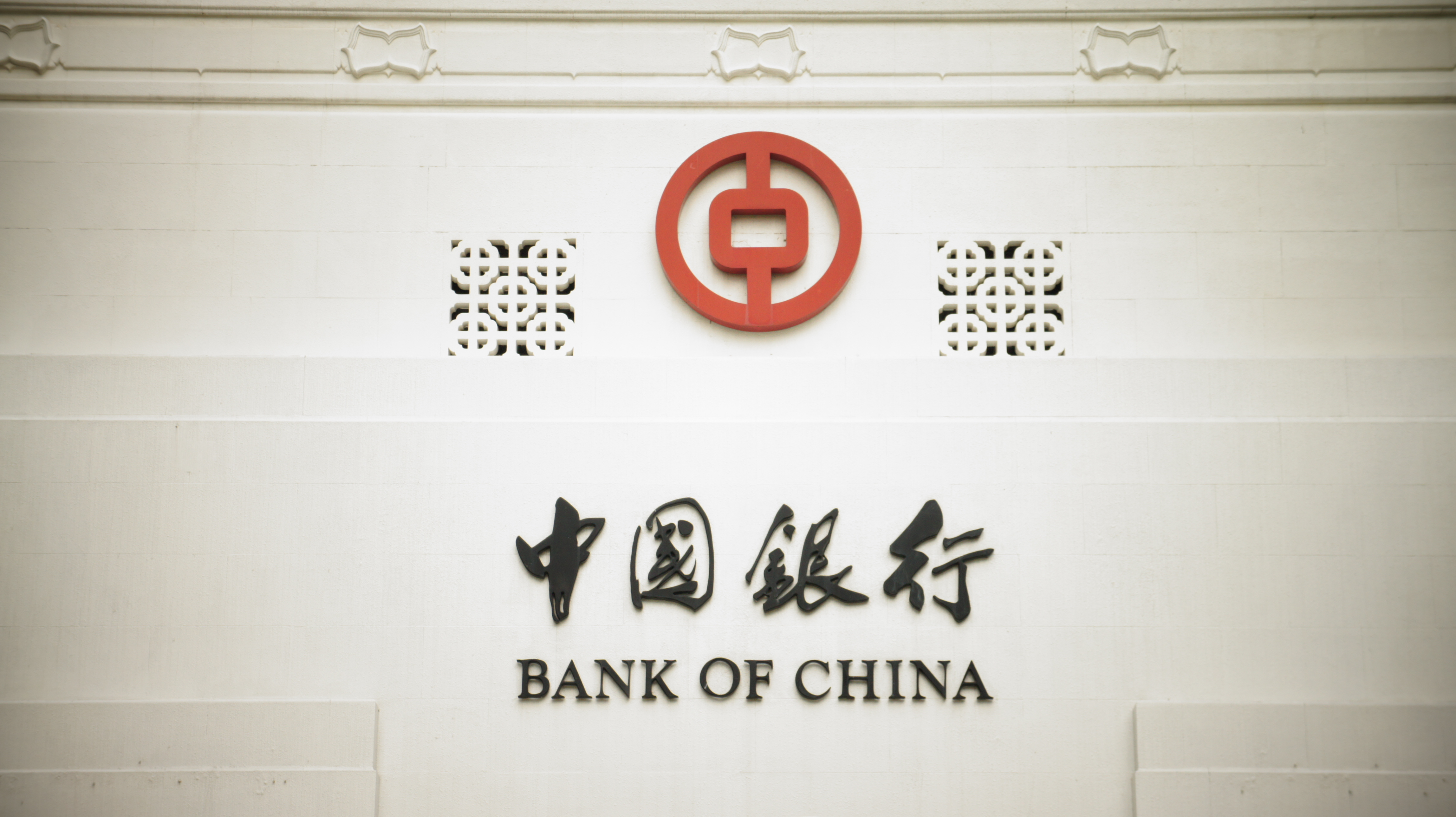China's total debt, which accounted for 162% of GDP in 2008, reached 259% of GDP in 2016, a jump of more than $ 22 trillion. This was mainly due to large-scale corporate borrowing. Despite the desire to reduce the use of borrowed funds, Bloomberg Economics says, debt can increase to 327% of GDP by 2022.
In December, following the results of the annual Central Conference on Economic Work, the leaders of China said that in the next years they will strive to win "critical battles" with financial risks, environmental pollution and poverty.
The head of the People's Bank of China, Zhou Xiaochuan, said in October that the country would prevent risks associated with excessive optimism that could lead to the "Minsky moment", that is, a sudden collapse in asset prices after a long period of growth. Zhou Xiaochuan noted that corporate debt levels are relatively high.
After the 19th Congress of the Communist Party, held in October, China stepped up its efforts to combat financial risks. In particular, the authorities introduced new rules to limit off-balance lending by various other financial intermediaries. In 2017, the Chinese government also began to restrain some private conglomerates that actively acquired assets, including the Dalian Wanda Group, the HNA Group and Anbang Insurance Group. The authorities tried to avoid foreign transactions using borrowed funds.
Guo Shuqing, Chairman of the Banking Regulatory Commission of China (CBRC) promised to fight those who create financial giants using tangled ownership structures that often hide the true level of debt.
HNA, a less-known airline that turned into a growing conglomerate, as of June had assets of $ 190 billion (more than American Express Co.). In particular, it holds stakes in a number of companies, from Hilton Worldwide Holdings Inc. and Deutsche Bank AG, and real estate in the US. According to Bloomberg sources, HNA told lenders that it will sell assets worth about 100 bln yuan ($ 16 billion) in the beginning of 2018 to pay off debts and prevent a liquidity crisis.
Dalian Wanda has been selling assets in recent months, including luxury hotels and resorts from Australia to London to raise funds. This happened against the background of growing control by the Chinese government: the authorities checked how the conglomerate financed a ten-year foreign expansion.
It is expected that other conglomerates will also sell their assets.
Beijing has set new rules for foreign investment, opposing "irrational" acquisitions in such industries as entertainment, gambling and real estate. At the same time, the authorities encourage spending within the government's initiative One Belt One Road. As a result, the total capital outflow decreased to $ 408 bln in the last year, which is half of the total outflow in 2016, Natixis SA data show.
Although interest rates have not risen, the fight against debt risks has led to an increase in costs for business lending. According to ChinaBond, the yield on 5-year bonds of Chinese corporations with the highest rating jumped by 1.5 percentage points from the last year to 5.47%. This is the highest since May 2014.
source: bloomberg.com
In December, following the results of the annual Central Conference on Economic Work, the leaders of China said that in the next years they will strive to win "critical battles" with financial risks, environmental pollution and poverty.
The head of the People's Bank of China, Zhou Xiaochuan, said in October that the country would prevent risks associated with excessive optimism that could lead to the "Minsky moment", that is, a sudden collapse in asset prices after a long period of growth. Zhou Xiaochuan noted that corporate debt levels are relatively high.
After the 19th Congress of the Communist Party, held in October, China stepped up its efforts to combat financial risks. In particular, the authorities introduced new rules to limit off-balance lending by various other financial intermediaries. In 2017, the Chinese government also began to restrain some private conglomerates that actively acquired assets, including the Dalian Wanda Group, the HNA Group and Anbang Insurance Group. The authorities tried to avoid foreign transactions using borrowed funds.
Guo Shuqing, Chairman of the Banking Regulatory Commission of China (CBRC) promised to fight those who create financial giants using tangled ownership structures that often hide the true level of debt.
HNA, a less-known airline that turned into a growing conglomerate, as of June had assets of $ 190 billion (more than American Express Co.). In particular, it holds stakes in a number of companies, from Hilton Worldwide Holdings Inc. and Deutsche Bank AG, and real estate in the US. According to Bloomberg sources, HNA told lenders that it will sell assets worth about 100 bln yuan ($ 16 billion) in the beginning of 2018 to pay off debts and prevent a liquidity crisis.
Dalian Wanda has been selling assets in recent months, including luxury hotels and resorts from Australia to London to raise funds. This happened against the background of growing control by the Chinese government: the authorities checked how the conglomerate financed a ten-year foreign expansion.
It is expected that other conglomerates will also sell their assets.
Beijing has set new rules for foreign investment, opposing "irrational" acquisitions in such industries as entertainment, gambling and real estate. At the same time, the authorities encourage spending within the government's initiative One Belt One Road. As a result, the total capital outflow decreased to $ 408 bln in the last year, which is half of the total outflow in 2016, Natixis SA data show.
Although interest rates have not risen, the fight against debt risks has led to an increase in costs for business lending. According to ChinaBond, the yield on 5-year bonds of Chinese corporations with the highest rating jumped by 1.5 percentage points from the last year to 5.47%. This is the highest since May 2014.
source: bloomberg.com





